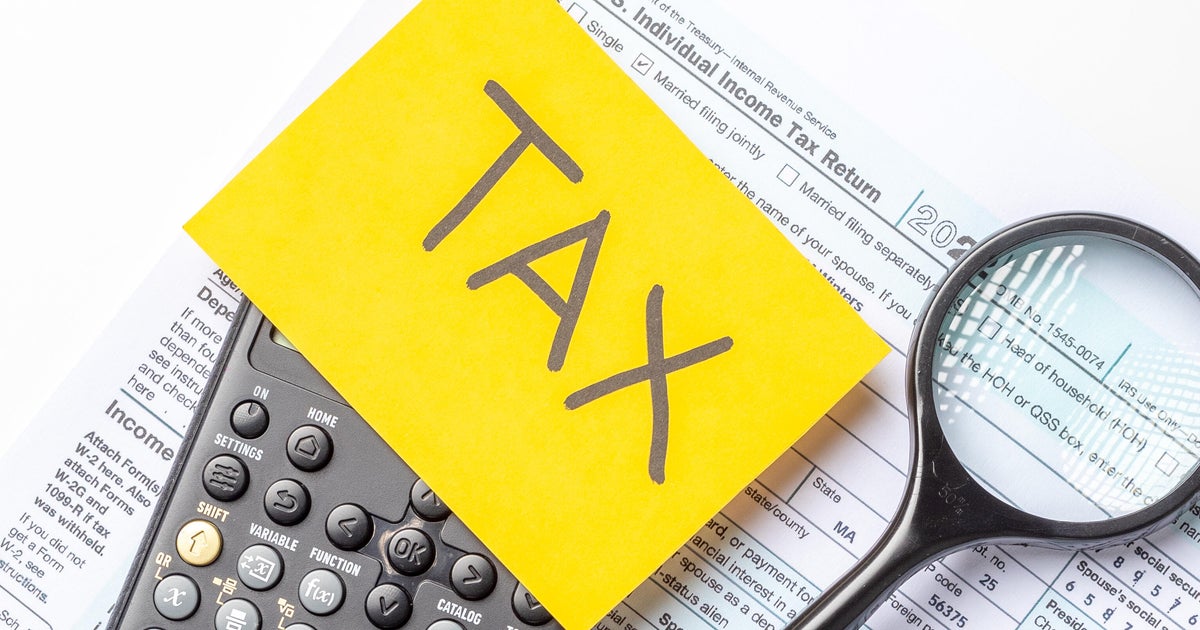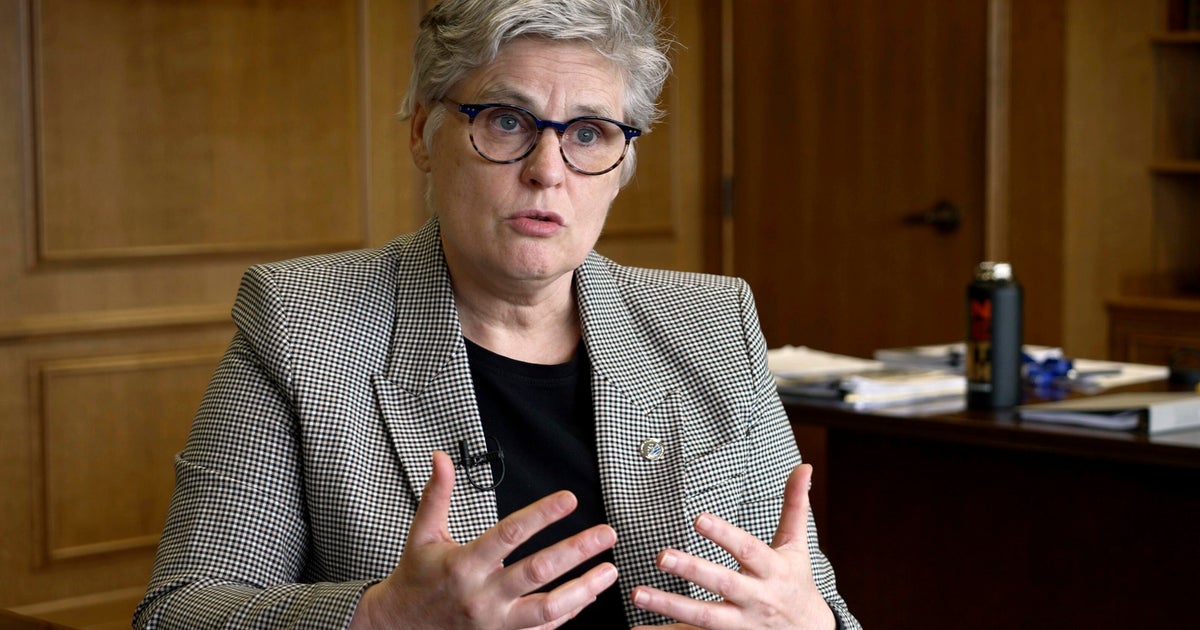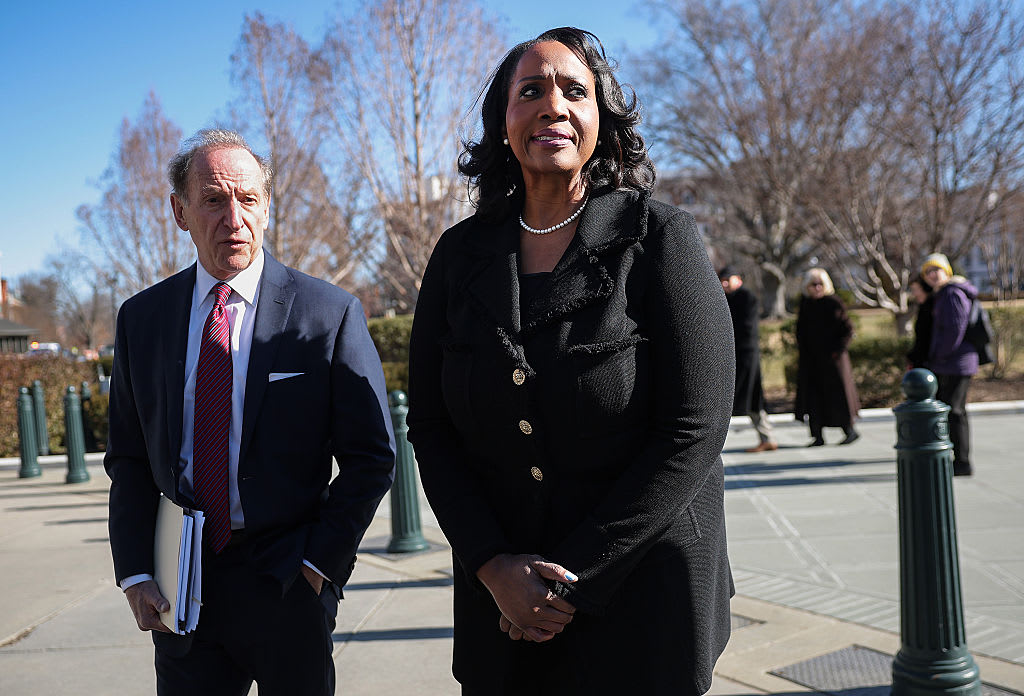Federal Reserve vows "unlimited" stimulus to halt coronavirus recession
In its boldest effort yet to protect the U.S. economy from the novel coronavirus, the Federal Reserve said Monday it will buy as much government debt as it deems necessary and will also begin lending to small businesses as well as large businesses and to local governments to help them weather the crisis.
The Fed's announcement removes any dollar limits from its plans to support the flow of credit through an economy that has been ravaged by the novel coronavirus outbreak. The central bank's all-out push has now gone beyond even the extraordinary drive it made to rescue the economy from the 2008 financial crisis.
"The coronavirus pandemic is causing tremendous hardship across the United States and around the world," the Fed said in a statement. "Our nation's first priority is to care for those afflicted and to limit the further spread of the virus. While great uncertainty remains, it has become clear that our economy will face severe disruptions. Aggressive efforts must be taken across the public and private sectors to limit the losses to jobs and incomes and to promote a swift recovery once the disruptions abate."
Financial markets jumped after the announcement. But within a few hours the Dow slumped back into negative territory for the day, down nearly 300 points about an hour after stocks started trading Monday.
On the bright side: The yield on the 10-year Treasury bond fell and prices rose, which was at least one sign that some investors believed the Fed's new stimulus promises would help the economy.
In its announcement, the Fed said it will establish three new lending facilities that will provide up to $300 billion by purchasing corporate bonds, a wider range of municipal bonds, and securities tied to such debt as auto loans and real estate loans. It will also buy an unlimited amount of Treasury bonds and mortgage-backed securities to try to hold down borrowing rates and ensure those markets function smoothly.
The Fed's new go-for-broke approach is an acknowledgment that its previous plans to keep credit flowing smoothly, which initially included dollar limits, wouldn't be enough in the face of a viral pandemic that has brought the U.S. economy to a near-standstill as workers and consumers stay home. Last week, the Fed said it would buy $500 billion of Treasuries and $200 billion of mortgage-backed securities. It quickly ran through roughly half those amounts by the end of the week.
And on Monday, the Federal Reserve Bank of New York said it would purchase $75 billion of Treasuries and $50 billion of mortgage-backed securities each day this week.
Ian Shepherdson, chief economist at Pantheon Macroeconomics, said it is clear the Fed is now doing "whatever it takes."
"This is an all-out effort to ensure that the business sector can continue to exist even as economic activity temporarily collapses," Shepherdson said.



